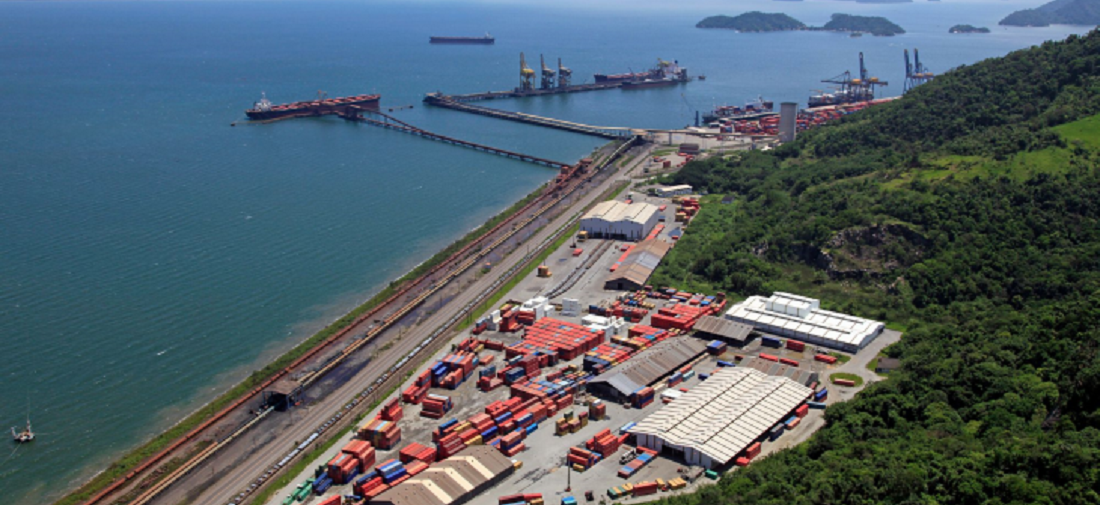
Brazilian gov’t announces tariff cut for Port of Itaguaí
Aug, 24, 2023 Posted by Gabriel MalheirosWeek 202335
The Ministry of Ports and Airports (MPOR) announced a substantial reduction in port tariffs, this time targeting the Port of Itaguaí in Rio de Janeiro.
Minister Márcio França announced a significant fee reduction of up to 66% for this port, which accounts for a staggering 63% of PortosRio‘s revenue and primarily focuses on operations with ores.
The latest reduction has been formalized through Regulation No. 338, issued on August 18, 2023. The rebate scale spans from 43.8% to 66%, with the discount calculated based on the vessel’s gross port tonnage (TPB/DWT).
Minister Márcio França said, “One of the merits of preserving federal-owned ports is our ability to establish tariff strategies that incentivize operators to invest and generate employment opportunities while avoiding adding extra burden to the end price of consumer goods, as directed by President Lula.”
Previous Tariff Cuts
Notable reductions in tariffs have already been enacted at several key ports, including Santos (SP), PortosRio (RJ), Rio Grande (RS), and the Port of Ilhéus in southern Bahia.
CODEBA (Companhia das Docas do Estado da Bahia) disclosed that exporters of solid mineral bulk falling below 50% of the ship’s total capacity will benefit from discounts.
At the Port of Santos, the tariff reduction can reach a substantial 65%. According to the Port Authority, the fee will be computed based on the nature of navigation and the frequency of terminal utilization by the vessel. The aim is to foster user loyalty.
In line with sustainability goals, the “green vessels,” assessed positively on the Environmental Ships Index, will enjoy even further reduced tariffs at the Port of Santos.
PortosRio, located in Rio de Janeiro, has embraced a cargo-centric approach for its charges, factoring in the cargo type and weight, as well as the navigation type. Discounts of up to 95.5% are applicable to select cargo categories.
Lastly, the Port of Rio Grande has introduced tariff exemptions targeting Inland Navigation, which pertains to operational and land infrastructure services within the port. Now, the first consignment of goods originating from Inland Navigation, earmarked for subsequent waterway transportation, qualifies for exemption from storage charges.
-
Economy
May, 13, 2021
0
Global investors increase environmental pressure on Brazilian agribusiness companies
-
Meat
Apr, 10, 2024
0
Ministry of Agriculture announces market opening with South Korea
-
Environment
Apr, 12, 2023
0
HMM cuts carbon emissions by half in last decade
-
Meat
Feb, 11, 2022
0
Egg exports start 2022 with an increase of 42.6%


